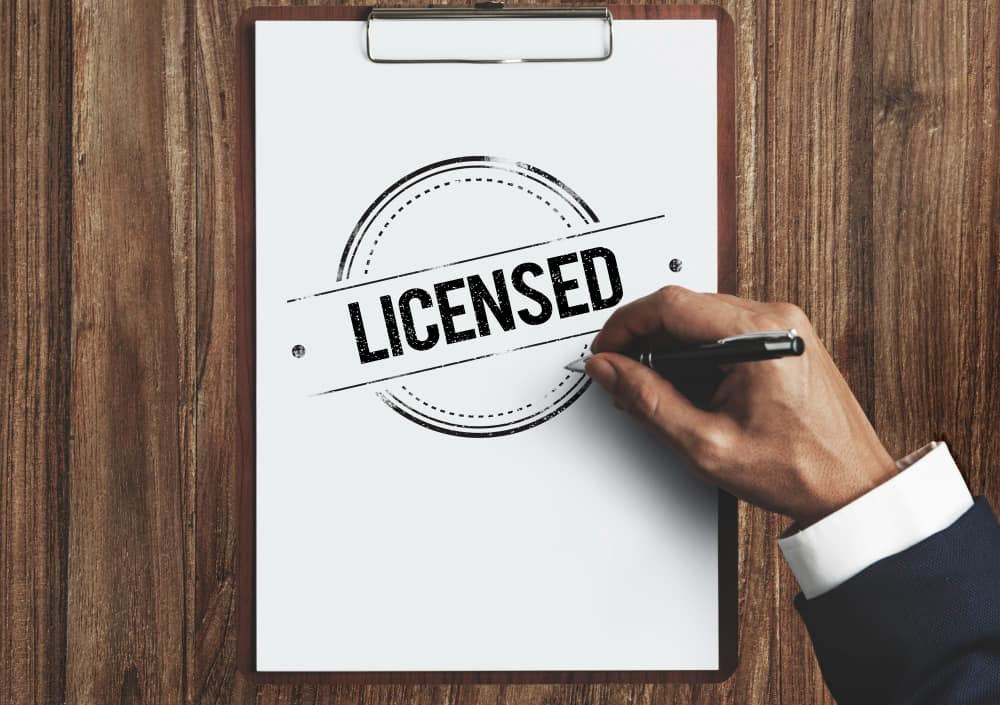Introduction
Fashion licensing and collaboration is quite common in the fashion industry, luxury brands, star athletes, and retailers. One of the basic principles in the fashion industry is the business of licensing and strategic collaborations. In this business, two or more separate entities with distinct fashion businesses enter into an agreement and alliance to make money and fame through their respective structure and strengths.
This could be a high-profile brand, a public persona, or a manufacturer. The goal of this kind of collaboration is to start and run a joint venture relationship to design, manufacture, produce and sell the goods and or services.
This goal leads to broadening and elevating the reputation of a brand and its related trademarks, as well as the strategic collaborative partner. The core of these relationships is fashioned upon trademark basics: identifying sources and consumer transparency. This article discusses the significance of licensing as a business model for fashion companies. It also clarifies what the reasons behind it could be; the motivations behind the structure of the license agreements. For this goal, we have somehow investigated the less known aspects of this issue, as it comes below.
Valuable Brand
To begin this chapter, I would like to refer to Alexandra Pastore’s point: At the end of the day, consumers will buy the products they like from the brands they trust. Licensing allows brands to reach a broader audience by leveramging the properties consumers already love.
In the fashion industry, the names and trademarks of high-profile fashion brands can become as marketable as the products they sell. This is the key to a flourishing business of licensing in the fashion industry.
It’s what customers know, trust, and have come to rely on.
It adds feelings, confidence, and price while building customer relationships.
It promotes an aspirational way of life. And in short, it is the crown jewel!
Fashion law practitioners strongly believe that for a strong licensing program, a valuable brand is required! There are some important elements for license agreement in the fashion industry: first, there must be a granting right to use, and secondly, a trademark, logo, name or any other protected IP.
The next element is about the geographic area, which should be specific, and, finally, the license should be in exchange for a payment, or it could be a series of payments. Please notice that fashion and luxury industry, licensing and cooperation relationships include other agreements that define multiple perspectives of these partnerships. These agreements are based on the same tenet: the licensed right to use a fashion company’s trademarks. The agreements are as follows: Design Service Agreements, License and Distribution Agreements, Intercompany License Agreements, and the last one is Collaboration and Influencer Agreements.
Fashion Licensing and Brand Integrity

First, I would like to talk about the reason for licensing; If you own a fashion company or a high-profile brand, you might look for a seductive prospect for your business and licensing could be the prospect you are looking for. A licensing business model will have the potential to shine and flourish and gain market power and commercial value for the brand. For deeper exploitation, I want to focus on both parties of the licensing agreements; the whole process of licensing arrangement provides a fundamental interest: exploiting a licensee’s sourcing, producing, sales and marketing opportunities, and foundations.
The best case for this matter is about the retail stores internationally in which a licensor can benefit from the local expertise of an influential fashion retailer who has forged relationships with landlords for prime real estate and can assume the responsibility for all aspects of the operation and management of a retail store under a license from a coveted fashion brand. (I could not erase this part since it was brilliant, and I somehow copied this. I am still determining what issues can arise about the copyright).
Choosing a Licensing Partner
On the other hand, the licensee can directly benefit from the brand’s power and consumer recognition. If I want to be clear, the licensee starts a relationship with a powerful brand and uses the market power of the licenser’s products without hard work. Fair enough! If done strategically and in accordance with the licensor’s vision, such a licensee has the potential to produce robust offspring. Ok, now the time has come to enter the attractive part, let’s go to the next chapter.
Have you ever thought about a marriage relationship?! What is it built upon? Honesty and promises to respect the value that each party brings to life. This is the same values between the licensing partners. For this kind of important relationship, there are some critical factors that the brand owners must consider. The licensing partners should understand the licensor’s brand positioning and business model, reinforced by an appropriate distribution network. It also should be financially stable and give appropriate guarantees if necessary. The licensing partner must have a record of compliance with all applicable laws and quality standards.
It is true that meeting the financial obligations under the license agreement is vital, but the pressure to pursue this goal might push the licensee to reinterpret the terms of the license agreement and produce lower-quality products at an affordable wholesale price. This could be dangerous, and despite the short-term profitability of this agenda, inevitably, it will undermine the prestige of the licensed trademarks. So now let’s see what’s next.
The Art of Drafting a License Agreement
You have found your licensing partner. What should you do? How should you draft an agreement? What are the requirements for it? A license agreement is a legally binding document that outlines the parties to capitalize on the commercial value of the brand and trademarks. If you are the brand owner, you are the IP owner as the licensor, and the licensee is the carefully chosen business partner.
This leads us to agreement drafting, which is the crucial part of the partnership; A licensing agreement should define the rights and obligations of the parties by the terms of the agreements. All these terms and conditions should benefit both sides and contain guidelines for parties. It should be advantageous to both parties and contain clear criteria that they will frequently follow for a considerable amount of time to realize the shared vision for the expansion and monetization of the licensed brand.
Collaborations in the Fashion Business

One of the most well-known established business models in the fashion world is trademark licensing. This is a way the strength and monetizes different brands. However, it was sometimes different and changed over the years. Today brand owners and retailers have focused on collaboration. In this relationship, two or more players from different industries come together to strengthen their brand value. The best example is “Prada and Adidas.” They brought their excellent skills and components together to “investigate the realms of heritage, technology, and innovation— and to challenge conventional wisdom through unexpected strategies.”
Moreover, now these two brands promote and sell the products under the label “Prada for Adidas.” It must be noted that this is not a recently known phenomenon. Yves Saint Laurent collaborated on a dress series using Mondrian art which has a great history but needs more space in this short article!
Now that you know what exactly collaboration in fashion is, it is time to check out your fashion industry and start collaborating with other brands. Nevertheless, you will need legal experts, and LegaMarts lawyers are here for you!
What about the Future?
However, traditional intellectual property and commercial transactional issues such as quality control and assurance, brand integrity, agreements, exclusivity, faithfulness, fair treatment, and lawful collaborations between retailers, influencers, and famous personalities remain unchanged from a legal standpoint.





